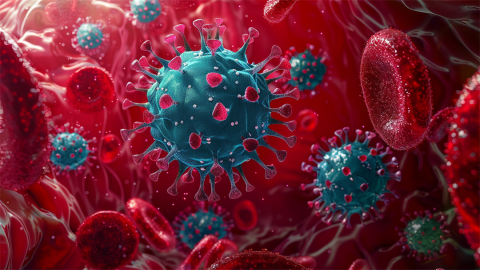Is gonorrhea the same as AIDS?
Generally speaking, gonorrhea is not AIDS. If you have related symptoms, please seek timely medical attention for professional diagnosis and treatment. Detailed analysis is as follows:
Gonorrhea is caused by infection with Neisseria gonorrhoeae and is a bacterial infection. AIDS is caused by infection with the human immunodeficiency virus (HIV) and is a viral infection. Both can be transmitted through sexual contact, and mother-to-child vertical transmission is a common route. Gonorrhea can also be transmitted indirectly through shared contaminated towels or bathware, while AIDS cannot be transmitted through everyday contact.

Gonorrhea has a short incubation period; common symptoms in males include purulent urethral discharge, frequent urination, and urgency. In females, symptoms may be more subtle and can include cervicitis and pelvic inflammatory disease. AIDS has a long incubation period; early stages are typically asymptomatic, while later stages may present with systemic symptoms such as fever, night sweats, and swollen lymph nodes. In severe cases, it can lead to opportunistic infections and tumors.
Gonorrhea is diagnosed through smear tests or culture of urethral or cervical secretions and is treated with antibiotics such as ceftriaxone, with a high cure rate. AIDS is diagnosed by HIV antibody testing and requires lifelong administration of antiretroviral drugs to control the virus; it currently cannot be completely cured.
Both are sexually transmitted diseases but do not transform into each other. If abnormal symptoms occur after high-risk sexual behavior, separate tests for gonococcus and HIV antibody screening should be conducted to avoid confusion and delay treatment.







